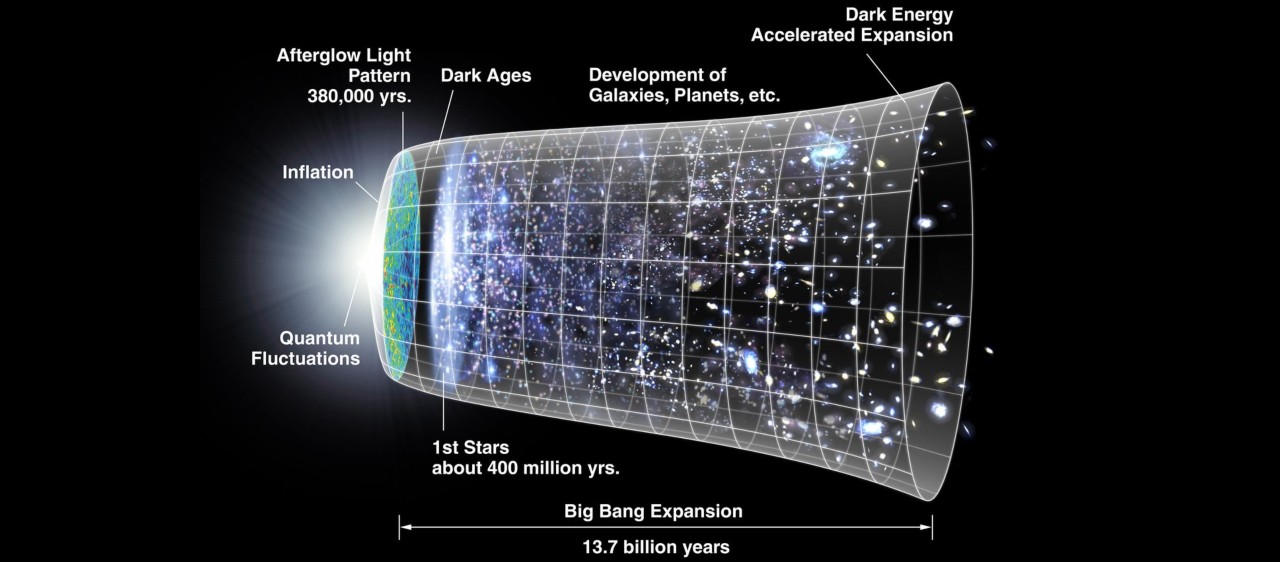
Definition
Evidence is
- information that a writer, speaker, knowledge maker . . . weaves into discourse in order to substantiate claims When writers make claims, critical readers expect them to substantiate those claims with evidence (see Argumentation)
- a defining attribute of successful workplace and school-basedwriting
- (see reader-based prose vs writer-based prose).
Related Concepts: Argument; Concrete, Sensory Language; Claim; Information, Data;
How Do I know What Form of Evidence to Use?
When you think of the term evidence, what comes to mind? CSI? Law and Order? NCIS?
Certainly, detectives and law enforcement officers use evidence to prove that a criminal is guilty. What’s more, they use different types of evidence to find and convict the offending person(s), such as eyewitness accounts, DNA, fingerprints, and material evidence.
Just as detectives use various types of evidence to study crime scenes, writers, speakers, and knowledge workers . . . use different types of evidence to help their audiences better understand their claims, interpretations, point of view, and conclusions.
In order to identify the types of evidence you’ll need for any given occasion, you need to engage in rhetorical analysis of your communication situation.
You want to focus on audience because different readers, different discourse communities, have unique and sometimes conflicting ideas about what constitutes reliable evidence. You’ll want to consider how emotionally charged the situation is.
What archive exists regarding the topic you are investigating?
What is the status of the current scholarly conversation on the topic?
Regardless of the type used, all evidence serves the same general function: proof/confirmation bolsters a writer’s claims. The trick is to determine, during composing, what type of evidence will most help substantiate your claims.
Evidence as a Social, Cultural, Historical Artifact
Evidence is rooted in the epistemological assumptions that inform the interpretation and meaning-making processes of discourse communities.
Evidence vs Research
Students sometimes confuse evidence with research; the two do not mean the same thing.
Whereas evidence refers to a something that supports a claim, research is something much broader: it’s an effort to have a scholarly conversation about a topic.
Research begets proof. Yet performing research should not just point you as a writer, speaker, knowledge maker . . . to useful quotes that you can use as support for claims in your writing.
Research should tell you about a conversation, one that began before you decided upon your project topic. When you incorporate research into a paper, you are integrating and responding to previous claims about your topic made by other writers. As such, it’s important to try to understand the main argument each source in a particular conversation is making, and these main arguments (and ensuing subclaims) can then be used as evidence—as support for your claims—in your paper. Let’s say for a bibliographic essay you decide to write about the Indian Mutiny. Well, as the Indian Mutiny began around 1857, people have been writing about the Mutiny since that time. Thus, it’s important to realize that by writing about the Indian Mutiny now, you’re contributing to an ongoing conversation. By doing research, you can see what’s already been said about this topic, decide what specific approach to the topic might be original and insightful, and determine what ideas from other writers provide an opening for you to assert your own claims.
Recommended Readings
Ho, H. L. (2021, October 8). The legal concept of evidence, In The Stanford Encyclopedia of Philosophy. https://plato.stanford.edu/archives/win2015/entries/evidence-legal/.




